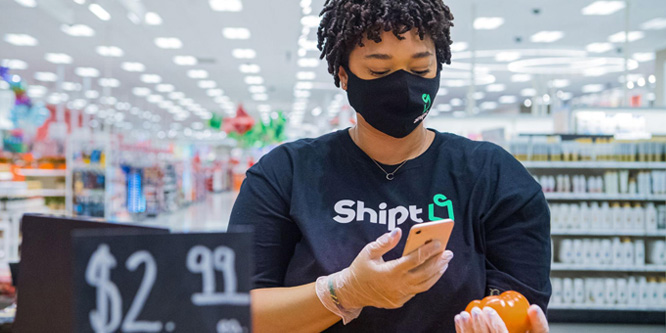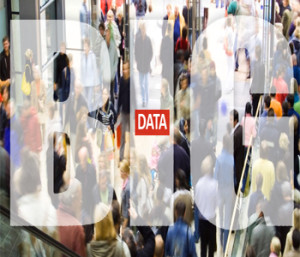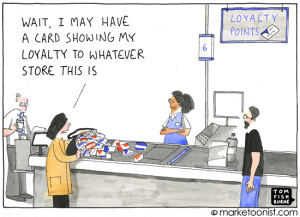THIS MORNING on RetailWire.com I jumped on my high horse again with this little screed about grocery delivery strategies for supermarkets. As usual, I didn’t shade my opinion about 3rd party solutions, and I know some will take exception. That’s OK. The debate is important.
For perspective, when I founded the VStoreNews e-letter in 1998 I posited a world where grocery stores delivered everything – their own products plus those of other local retailers. Hasn’t happened yet.
The Grocery Delivery Debate
My comments today on RetailWire.com:
I’m squarely in the camp that advocates for own control of all customer-facing services by the retailer. High delivery costs remain a challenge, but this factor must be accounted for in a comprehensive manner. What do you really risk when you put digital moments of truth in the hands of an outside solution provider?
Third-party services intermediate the retailer’s service experience and divert essential data about shopper behavior. I could never agree to hand over control of my brand relationships to gig-workers directed by a company that is angling to become my competitor.




